In the spring and summer of 2020, in the wake of the global protests after the murders of Breonna Taylor and George Floyd, bookstores and libraries saw a huge influx of interest in books by Black authors, especially books about antiracism. Buying books is definitely a good place to start, but it is only that: a starting point. In order to create any lasting change in the United States (and globally), we have to do more than buy and/or request books from the library. First, we all have to read those books. Simply owning them or being able to say we’ve skimmed them is not enough. Second, and most importantly, we all have to put what we learn in them to use.
But with so many amazing antiracist books out there, and so much devastating news coming at you daily, it can still be hard to figure out what to read next. I hope this quiz will genuinely help you find the right antiracist book for you, whether that’s an introductory text, a deep-dive into history, or an essay collection that will help you confront racist friends and/or family members. We all learn in different ways, so I’ve chosen an array of books that approach antiracism from different angles.
You’ll probably notice that some of the biggest antiracist books of the past few years — such as Stamped and How to Be an Anti-Racist by Ibram X. Kendi and Caste by Isabel Wilkerson — aren’t included in the results. These are great books, and you should read them! But I chose to focus on lesser-known books that approach anti-racism through a variety of lenses, including disability justice, Indigenous history, academia, prison abolition, reproductive justice, and more.
No matter what kind of book you end up choosing, the important part is the follow-through: read it, take it to heart, and act on it. Don’t let it collect dust.
All Results
So You Want to Talk About Race by Ijeoma Oluo
This is a fantastic place to start learning about racial justice. Oluo breakdown down complex subjects into accessible, bite-sized chunks, including privilege, microagressions, and intersectionality, to name just a few. Her blend of information and personal stories makes it an engaging read, and though it’s not dry or academic, it’s far from simple.
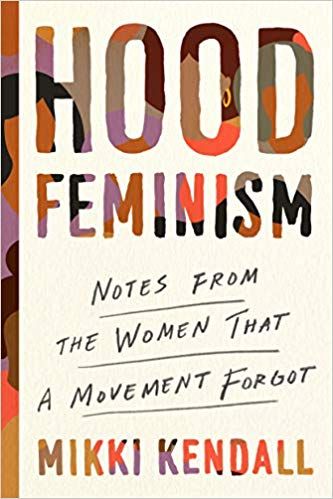
Hood Feminism by Mikki Kendall
This is a must-read for anyone who considers themself a feminist, whether you’re just learning about intersectional feminism or you’ve been practicing it for years. Using clear arguments and a straightforward but no-nonsense style, Kendall explains how mainstream white feminism has rarely served the needs of women of color. She examines a range of issues, including health care, housing, food security, and education, and offers a radical new vision for a truly inclusive and antiracist feminist movement.
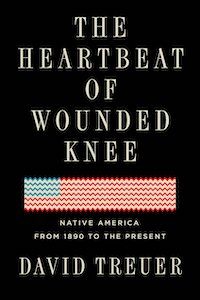
The Heartbeat of Wounded Knee by David Treuer
This isn’t explicitly a book about antiracism, but learning about Indigenous history, as well as the Indigenous communities and movements of today, is an essential part of understanding race in America. Treuer is a brilliant historian and an engaging writer. His book is a deep-dive into history and an incisive refutal of the harmful myth that Native peoples, and Native cultures, are a thing of the past.
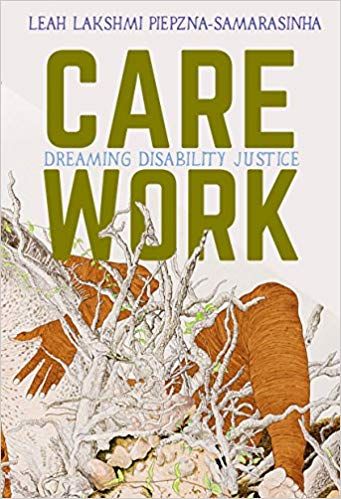
Care Work by Leah Lakshmi Piepzna-Samarasinha
This brilliant book of essays about disability justice centers the voices, experiences, and work of queer and trans disabled people of color. Piepzna-Samarasinha is warm, open, angry, and personal. She shares vulnerable stories about her life, the art and activist communities she’s been a part of, the importance of access, and the transformative power of disability justice. All anti-oppression work is interconnected. This book makes clear that antiracist work must also center disability justice.
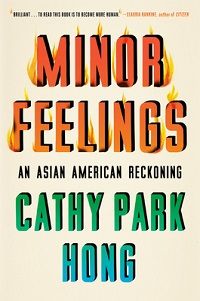
Minor Feelings by Cathy Park Hong
In these lyrical essays, poet Cathy Park Hong examines the complexity and multiplicity of Asian American experiences. She writes about growing up the daughter of Korean immigrations, the “model minority” myth, art and writing, and a whole lot more. It’s a rigorous and challenging book about race, violence, power, and history.
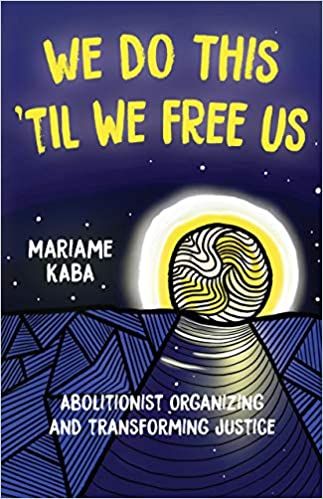
We Do This ’til We Free Us by Mariame Kaba
In this slim volume, activist Mariame Kaba provides a concise and practical introduction to prison abolition. She explores what a world without police would look like, examining models of community care, transformative justice, and true accountability. It’s a powerful book about the possibilities in organizing itself, as well as an invaluable tool for anyone looking to get more involved with the prison abolition movement.
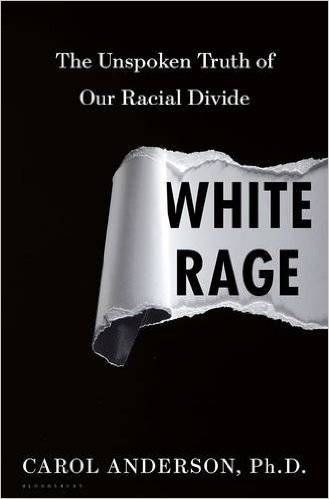
White Rage by Carol Anderson
Though slim (the actual text is only 160 pages), this book lays bare the history of American racism with chilling clarity. By examining a series of historical events (Reconstruction, desegregation, the Voting Rights Act) Anderson proves how, after every instance of Black progress, white supremacy rears its ugly head, and white people in power do everything they can to stop that progress. Anderson is a scholar and a historian; this book is meticulously researched and beautifully organized.
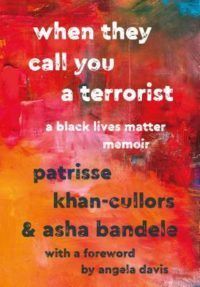
When They Call You a Terrorist by Patrisse Cullors and Asha Bandele
In this moving and vulnerable memoir, Cullors writes about the familial and community toll of police violence and mass incarceration, her coming-of-age as an activist, queer identity, the founding of Black Lives Matter, and more. It’s a deeply personal book about the beginning of a global movement.
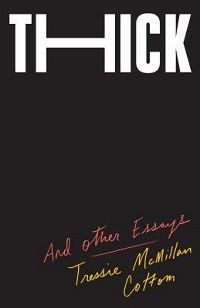
Thick by Tressie McMillan Cottom
This book of essays is worth coming back to again and again. Cottom writes about Black womanhood, capitalism, beauty, academia, and a whole lot more. Both her writing and her thinking are so rich and multi-layered. If you’re ready to think about race and its impact on everything from language to education to dating in new ways — and then do something about it — then this is the book for you.
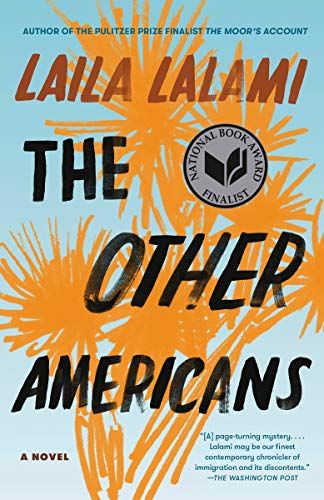
The Other Americans by Laila Lalami
This is a character-driven small town mystery about a Moroccan immigrant and restaurant owner who’s killed by a hit-and-run in a California desert town. The fast-paced story is told from multiple POVs. It’s a moving story about the ways that race and racism permeate everything in America, whether we’re conscious of it or not. It’s not a nonfiction antiracist bestseller, but it will leave you with a lot to think about.
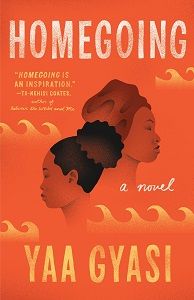
Homegoing by Yaa Gyasi
This epic novel follows the descendants of two Ghanaian sisters over 300 years. One is sold into slavery in America, and the other marries a European man and remains in Ghana. It’s a sweeping history that illuminates some of the roots of American racism. If you’re looking to understand where we came from and where we are now, and you’re ready to get fired up about change, this is the book for you.
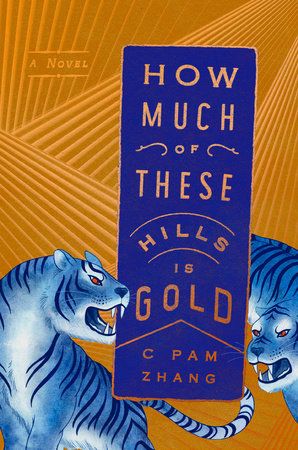
How Much of These Hills is Gold by C. Pam Zhang
You should read How Much of These Hills is Gold by C. Pam Zhang. This historical novel is about two Chinese American siblings who set out on a quest to bury their father in the post-Gold Rush American West. Through the lives of her characters, Zhang explores the forces that shaped America head on: colonization, genocide, land theft, racism, immigration. It’s a lyrical novel that will get under your skin. It will also change the way you think about history, its impact on the present, and our role in building a different future.
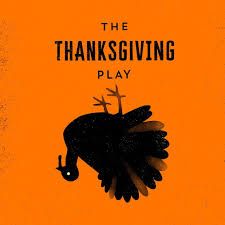
The Thanksgiving Play by Larissa FastHorse
It’s easy to get burned out and exhausted, especially if you’ve been doing antiracist work for a long time, and even more especially if you’re dealing with the daily traumas of being a person of color in a racist country. This satirical play is a hilarious and sharply observant critique of white feminism, well-meaning liberals, and performative activism. A group of white teachers are tasked with creating a “politically correct” Thanksgiving pageant, so they call in a a Native American actor to help. It just gets steadily more cringey from there. Yes, it’ll make you laugh, but underneath the humor, it has a serious antiracist message.
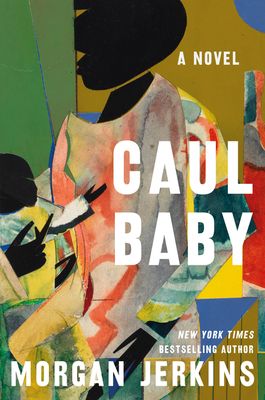
Caul Baby by Morgan Jerkins
This is a beautiful multigenerational epic about two powerful Black families in Harlem in the 1990s and today. The Melancons have always made a living selling their caul, a protective layer of skin with magical healing properties. When they refuse to sell the caul to a pregnant Black woman, the fates of the two families become intertwined. It’s a powerful book about Black womanhood and feminism, reproductive justice, gentrification, generational trauma, and the intersections of race, class, and gender.
Looking for more antiracist books? Check out these nonfiction books about antiracism, these antiracist books to help you dig deeper, and our antiracism archives.








